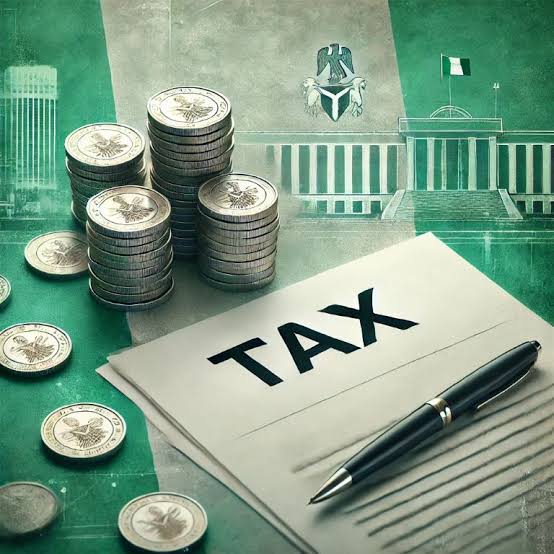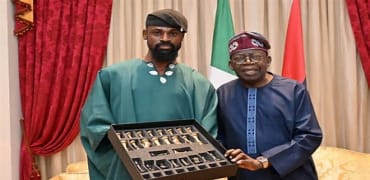Tax Break For Low Income Earners: Nigerians Earning Below N1 Million Exempted From Income Tax
Tax Break for Low Earners: Nigerians Earning Below ₦1 Million Exempted from Income Tax
By Achimi Muktar
In a move poised to reshape Nigeria's tax landscape, the Senate is set to pass the Tax Reform Bills today, introducing significant relief for low-income earners. Under the proposed reforms, Nigerians earning less than ₦1 million annually will no longer be required to pay personal income tax.
This landmark decision follows extensive consultations with federal tax executives, including Tanimu Yakubu, Director-General of the Budget Office; Zacch Adedeji, Chairman of the Federal Inland Revenue Service (FIRS); and Taiwo Oyedele, Chairman of the Presidential Committee on Fiscal Policy and Tax Reforms.
Why the Exemption?
According to Taiwo Oyedele, the reforms are designed to "tax prosperity, not poverty." He emphasized that the current tax system places an undue burden on those earning as little as ₦30,000 per month—an amount barely sufficient to cover basic living expenses.
"We propose that anyone earning up to ₦1 million per year, including allowances for rent and essentials, should be exempt from personal income tax," Oyedele explained. "This measure aligns with practices in many African countries and offers much-needed relief to struggling Nigerians."
VAT Redistribution and Equitable Sharing
Another key feature of the reforms is a proposed overhaul of the Value Added Tax (VAT) distribution formula, which has long been criticized for favoring states like Lagos that host corporate headquarters. The new model aims to ensure VAT revenue is shared based on actual consumption within states, fostering fairness and reducing disparities.
Addressing Controversies
The road to today's anticipated Senate approval has not been without turbulence. Debate on the bills ignited fierce disputes in the chamber, with lawmakers clashing over procedural concerns. Senators Abdul Ningi and Ali Ndume objected to the sudden introduction of tax experts into the session, arguing it violated Senate rules.
Despite the uproar, Senate Deputy President Barau Jibrin ruled in favor of allowing the experts to present. Their detailed explanations transformed initial skepticism into widespread support among lawmakers.
Reforms Beyond Income Tax
The bills encompass more than just personal tax relief. They propose:
Simplification of tax processes via a unified Nigeria Tax Bill.
Introduction of the Tax Administration Bill to promote technological integration in tax collection.
Creation of a new Nigeria Revenue Service to enhance efficiency.
Establishment of a Tax Ombudsman to protect small businesses and resolve disputes.
Pro-Poor and Pro-Growth
The reforms have been heralded as "pro-poor, pro-growth, and pro-efficiency" by stakeholders. Advocates argue that these changes will modernize Nigeria's archaic tax system, reduce bureaucracy, and boost the economy by empowering small businesses and low-income earners.
The Bigger Picture
President Bola Tinubu's administration has prioritized tax reform as a cornerstone of its economic agenda. By simplifying tax laws and promoting fairness, the government hopes to encourage compliance, attract investments, and enhance Nigeria's fiscal stability.
While the reforms signal a shift toward equity, they also underscore the urgency of public participation. Nigerians are encouraged to engage during the upcoming public hearings to ensure their voices are heard.
What's Next?
As the Senate prepares for final deliberations, all eyes are on today’s session, which could mark a turning point in Nigeria's fiscal policy. If passed, these reforms promise to bring long-awaited relief to millions and chart a new course for the nation's economic future.




















